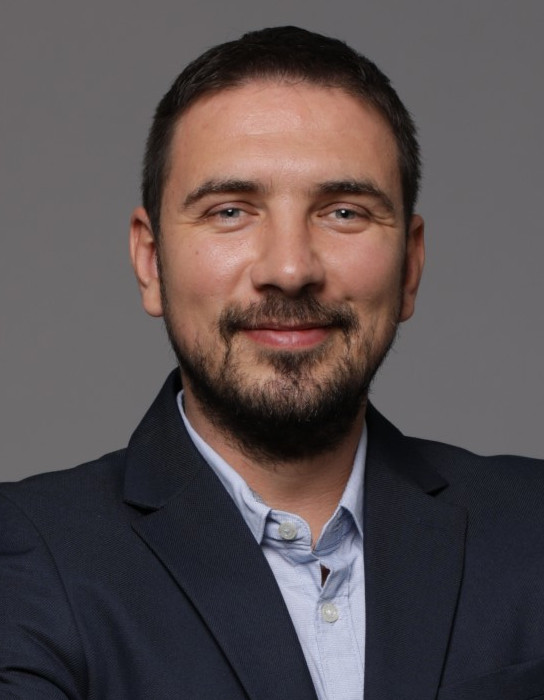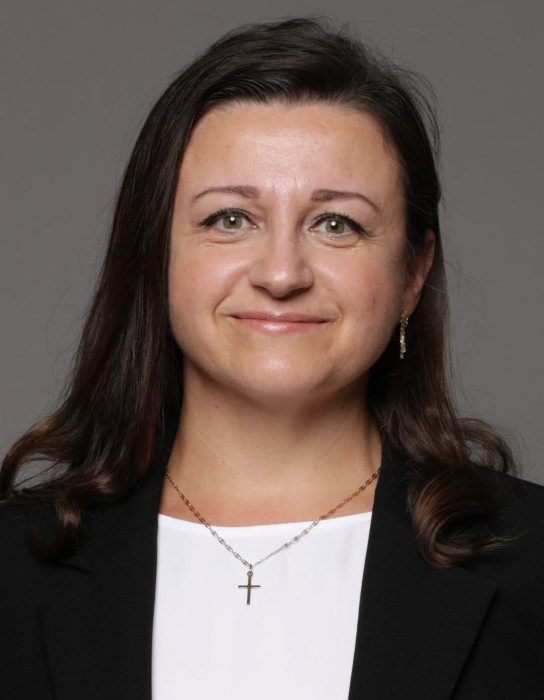Laboratory of Telecommunication and Informatics 2
Laboratory exercises
Course Description
Study Programmes
University graduate
General Competencies
In-depth understanding of the principles and theoretical background of teletrafic theory, multimedia communication, telecommunication system reliability and formal methods in system design, required for solving engineering problems in the area of telecommunication and informatics. Ability to design and conduct analytic, modeling, simulation and experimental investigation. Ability to design solutions to problems that are unfamiliar, incompletely defined, and have competing specifications. Ability to formulate the problem and criticaly evaluate the solution. Practical experience with design, implementation, and deployment of information and communication systems.
Learning Outcomes
- explain multimedia service network traffic and analyze the impact of different network conditions on user perceived quality
- analyze Internet traffic
- set up VoIP sessions following given scenarios
- design entity-relationship model based on problems from real world
- construct database based on entity-relationship model for given problem
- apply formal methods in system design
- design solutions to problems that are unfamiliar, incompletely defined, and have competing specifications
- calculate availability and reliability of complex telecommunication networks
Forms of Teaching
Lectures for introducing the laboratory work.
Laboratory WorkLaboratory assignments (depending on the theoretical course selected).
ConsultationsStudent advising in the course term and according to the student needs.
Programming ExercisesIndividual or group project assignments (depending on the theoretical course selected).
Grading Method
| Continuous Assessment | Exam | |||||
|---|---|---|---|---|---|---|
| Type | Threshold | Percent of Grade | Threshold | Percent of Grade | ||
| Laboratory Exercises | 0 % | 100 % | 0 % | 0 % | ||
Week by Week Schedule
- Data modeling (one half of the semester) (1/3).
- Data modeling (one half of the semester) (2/3).
- Data modeling (one half of the semester) (3/3).
- Teletraffic theory (one half of the semester) (1/3).
- Teletraffic theory (one half of the semester) (2/3).
- Teletraffic theory (one half of the semester) (3/3).
- Telecommunication system reliability (one half of the semester)(1/3).
- Telecommunication system reliability (one half of the semester) (2/3).
- Telecommunication system reliability (one half of the semester) (3/3).
- Formal methods (one half of the semester): Formal verification of hardware. Formal verification of critical operating systems synchronization and communication protocols. Formal verification of communication protocols in distributed systems (1/3).
- Formal methods (one half of the semester): Formal verification of hardware. Formal verification of critical operating systems synchronization and communication protocols. Formal verification of communication protocols in distributed systems (2/3).
- Formal methods (one half of the semester): Formal verification of hardware. Formal verification of critical operating systems synchronization and communication protocols. Formal verification of communication protocols in distributed systems (3/3).
- Multimedia communication (one half of the semester): Analysis of VOIP session signaling and data traffic. Networked virtual environments: neworked games, analysis of user behavior (1/3).
- Multimedia communication (one half of the semester): Analysis of VOIP session signaling and data traffic. Networked virtual environments: neworked games, analysis of user behavior (2/3)
- Multimedia communication (one half of the semester): Analysis of VOIP session signaling and data traffic. Networked virtual environments: neworked games, analysis of user behavior (3/3).


 Pristupačnost
Pristupačnost










